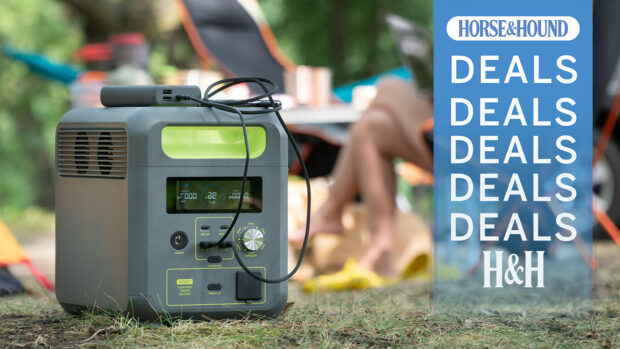Q: We’re thinking of taking some horses to a show in France in the summer. What documents would we need and would it be different if we travel in a car and trailer as opposed to a lorry? And what if we decide to pay a transportation company?
IF you’re travelling abroad to a show, you will need your horses’ passports and insurance documents — do check that your equine policy covers your horse while abroad. You’ll also need your driving licence and vehicle insurance policy — check with your insurer that it covers you while abroad and, if you’re taking a trailer, that you have adequate recovery cover for that as well.
There is no difference in documentation for travelling by car and trailer or lorry, but ferry company charges are based on vehicle length, so it may be cheaper to take a small lorry.
In addition to the documents mentioned above, Council Regulation (EC) No 1/2005 on the Protection of Animals During Transport, introduced on 5 January, makes it advisable to obtain an Export Welfare Licence to attend shows in France.
Export Welfare Licences are issued by DEFRA; they are currently free and are valid for five years. If you attend a foreign show outside France, you are also advised to get an Export Health Certificate.
If you pay a haulier to transport your horses, they must meet all the requirements of the new regulation.
DEFRA states: “Hauliers must have a long journey transporter authorisation (over 8hr) and have their vehicle(s) approved. The regulation also requires that by 5 January 2008, drivers and attendants must have been assessed for competency to transport animals and hold a competency certificate.
“The regulation applies to those transporting animals in connection with an economic activity, ie any transport undertaken as part of a business or commercial activity, which aims to achieve direct or indirect financial gain for any person or company involved with transport.
“In the UK, DEFRA considers the transport of horses and ponies for private riding and recreation to be outside the scope of the regulation, so its requirements do not need to be met apart from general provisions for animal welfare. However, this interpretation may not be shared by other EU member states, so DEFRA’s advice is to check with relevant authorities in transit and destination countries. In this case, the show organisers may be able to provide the necessary information.”
Rachel Molloy of the British Horse Society (BHS), explains more about the regulation: “It aims to bring consistency across the EU and requires everyone transporting animals to ensure the following:
“Animals must be fit for the intended journey.
“All those handling them must be trained and competent.
“Journey times should be kept to a minimum and the vehicle and its loading and unloading facilities should be designed, built and maintained to avoid injury.
“Animals must have sufficient space and height while in transit, and water, feed and rest must be provided as required.
“If you are travelling some distance after you’ve crossed the Channel, you could book your horses into stables close to the ferry terminal, so they can rest before continuing the journey.”
Information
DEFRA Tel: 08459 335577 www.defra.gov.uk/animalh/welfare
State Veterinary Service Tel: 01905 768862 www.svs.gov.uk
BHS Tel: 08701 202244 www.bhs.org.uk
This Q&A was first published in Horse & Hound (15 March, ’07)


